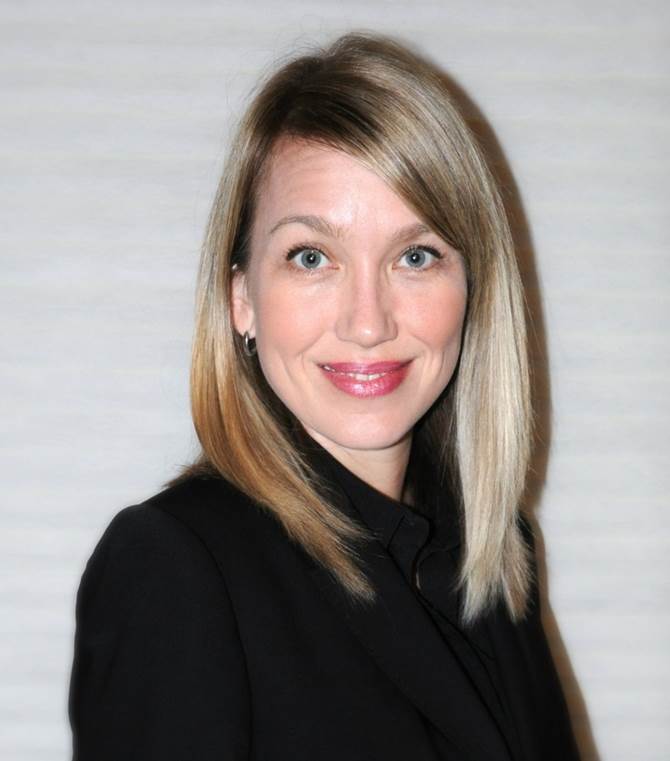Speaker
 Amber Wutich
Amber Wutich
President's Professor
Arizona State University
Amber Wutich is a President’s Professor and Director of the Center for Global Health at Arizona State University. An expert on water insecurity, Wutich directs the Global Ethnohydrology Study, a cross-cultural study of water knowledge and management in 20+ countries. Her two decades of community-based fieldwork are concerned with how informal water institutions impact people’s well-being. She is also Co-PI of the NSF-funded Household Water Insecurity Network. An ethnographer and methodologist with over 100 peer-reviewed publications, Wutich edits the journal Field Methods and the Johns Hopkins University Press Water & Society Series. Her teaching has been recognized with awards such as Carnegie CASE Arizona Professor of the Year. Wutich has raised over $34 million in research funds, as part of collaborative research teams, from the National Science Foundation, USDA, and other funders.
Description
In cities in the Global North and South, there are populations who have little or no access to formal water infrastructure. Current trends in urbanization, migration, infrastructure decline, and climate change may worsen this trend, despite our best efforts to reverse it. Where there is a lack of funding or political will to extend formal infrastructure to such communities, water managers must find innovative ways to address people’s urgent needs for safe and sufficient water. This webinar explains how “social infrastructure”—relationships, cultural norms, and informal institutions—can amplify the impact of water self-provisioning. Covering informal solutions for water sharing, water vending, and infrastructure maintenance, this webinar will help water managers leverage social infrastructure to improve water outcomes underserved communities.
Learning Objectives
- Understand how “social infrastructure”—relationships, cultural norms, and informal institutions—can amplify the impact of water self-provisioning.
- Identify and support water sharing systems.
- Assess and apply self-regulation in informal water vending.
Webinar Recording & PDH Certificate
Included with your webinar registration is access to a recording of the program and a fillable certificate to self-report your Professional Development Hour (PDH) credit. Your PDH certificate will be available to download once you complete the registration process and receive your confirmation email. Access to the webinar recording is available on AWRA’s Webinar Center and in the email you’ll receive from [email protected] following the webinar.